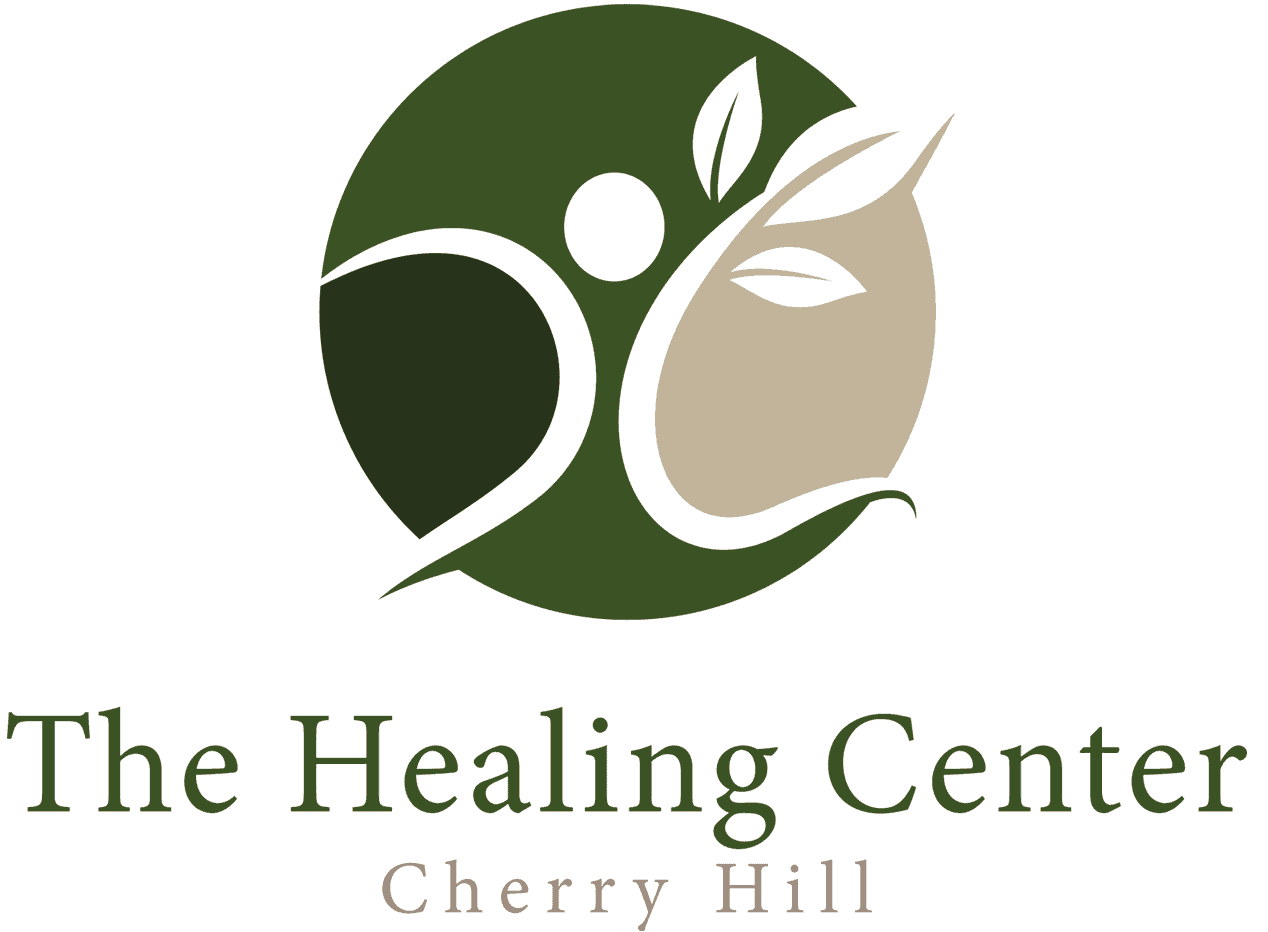It is crucial to understand how the effects of cocaine abuse can impact someone’s life. From personality changes to long-term health problems such as respiratory issues, cocaine is a dangerous drug that can result in devastating impacts. Learning how to overcome this struggle, and live a happy, fulfilling life is possible. Learning the drug’s different short and long-term effects can help when it comes to getting the necessary help to ensure a healthy, long life.
What is Cocaine?
Cocaine is a powerful stimulant drug that is made from the leaves of the coca plant. The stimulant drug produced from this plant is highly addictive and often leads to devastating results in the lives of the individuals who use it. Cocaine is a Schedule II drug, meaning it has a high potential for abuse and it is often used recreationally for the euphoric effects it can produce. It is often used nasally, by snorting the substance and it is absorbed through the nasal tissue. However, it can also be smoked and injected. Regardless of the method, the effects of cocaine abuse can be devastating and lead to long-lasting impacts.
Dangers of Cocaine Abuse
Similar to other illicit drugs like heroin and fentanyl, cocaine is an extremely dangerous substance that can result in life-altering changes in someone’s life. The euphoric effects can lead to abuse of the drug, and with chronic use, an individual can develop a tolerance and eventual dependence. The sought-after effects of this drug are often short-lived, and tend to wear off quickly, resulting in people using more and more of the drug. As higher doses are introduced to the body, the effects can seem to be lessened. As tolerance continues to build, the individual will continue to use higher doses, resulting in the body becoming accustomed to these levels of use. When the individual doesn’t introduce the drug to the system, they may begin to feel withdrawal symptoms from not having the drug. Addiction can easily occur, making life extremely difficult for the individual using this drug.
Short-Term Effects of Cocaine Abuse
The short-term effects of cocaine abuse can contribute to continued abuse of the drug. Cocaine is a central nervous system stimulant, leading to a surge of euphoria, high energy, and increased alertness. People who use this drug often feel a sense of invincibility and heightened confidence. Physically, the short-term effects can include increased heart rate and blood pressure. This can lead to major cardiovascular issues, requiring medical attention to prevent dangerous impacts like heart attack and stroke. Mentally, this drug can result in irritability, anxiety, and paranoia. Depression can also be exacerbated or become more prominent for the individual. Sometimes, erratic behavior may be a result of using this drug.
Long-Term Effects of Abusing Cocaine
Chronic and prolonged abuse of this drug can lead to devastating physical and mental impacts. The strain that cocaine abuse can cause on the heart can lead to severe cardiovascular issues that can be difficult to manage. Heart disease, heart attack, and an increased risk of stroke are major long-term effects of cocaine abuse that often occur. Respiratory issues are also common among individuals who smoke the substance. Mentally, individuals may experience memory loss, attention problems, and increased risks of seizures. Persistent depression, anxiety, and hallucinations may occur with chronic cocaine abuse. Continued abuse of the drug can result in social impacts as well, leading to breakdowns in relationships, loss of jobs, declined performance in school, and legal issues.
Cocaine Withdrawal
Cocaine withdrawal can be extremely uncomfortable. It can be a challenging and distressing process, leading to both physical and psychological symptoms that can be difficult to manage without proper care. Unlike other substances, withdrawal is mainly psychological due to the effects of cocaine abuse on the brain. Common symptoms of withdrawal can include fatigue, significantly decreased energy levels, increased appetite, depression, anxiety, agitation, and irritability. Mood swings and unstable emotional regulation may also be prevalent. Cravings for the drug can be intense, often leading to relapse in individuals trying to overcome the drug. Proper care and support are crucial to ensuring safety and success during the withdrawal process.
Detox and Treatment
The effects of cocaine abuse can be intense, leading to devastating impacts on the lives of individuals who have found themselves struggling. Learning to live without the drug is possible, and the first step is to remove the substance from the system. A professional medical detox provides a safe and healing environment in which medical professionals can monitor and address symptoms that may arise. Treatment for cocaine addiction provides a safe space to learn healthy coping skills for everyday stressors that often lead to drug use. Therapies such as cognitive behavioral therapy and dialectical behavioral therapy help individuals to identify and overcome negative thoughts and behaviors that often lead to abusing the drug. Recovery is possible, and having proper support can make the process easier and successful.
Take Control of Your Addiction
The risks associated with cocaine abuse can lead to devastating results. The different health complications that can occur are long-term, resulting in life-altering changes in a person’s lifestyle. Many people are unaware of the available help. Learning to live without cocaine is possible, and a happy, healthy life can be achieved. At The Healing Center, we strive to provide a safe and healing environment in which those struggling with drugs, like cocaine, can begin their journey of recovery. Call us today and begin your healing journey.
